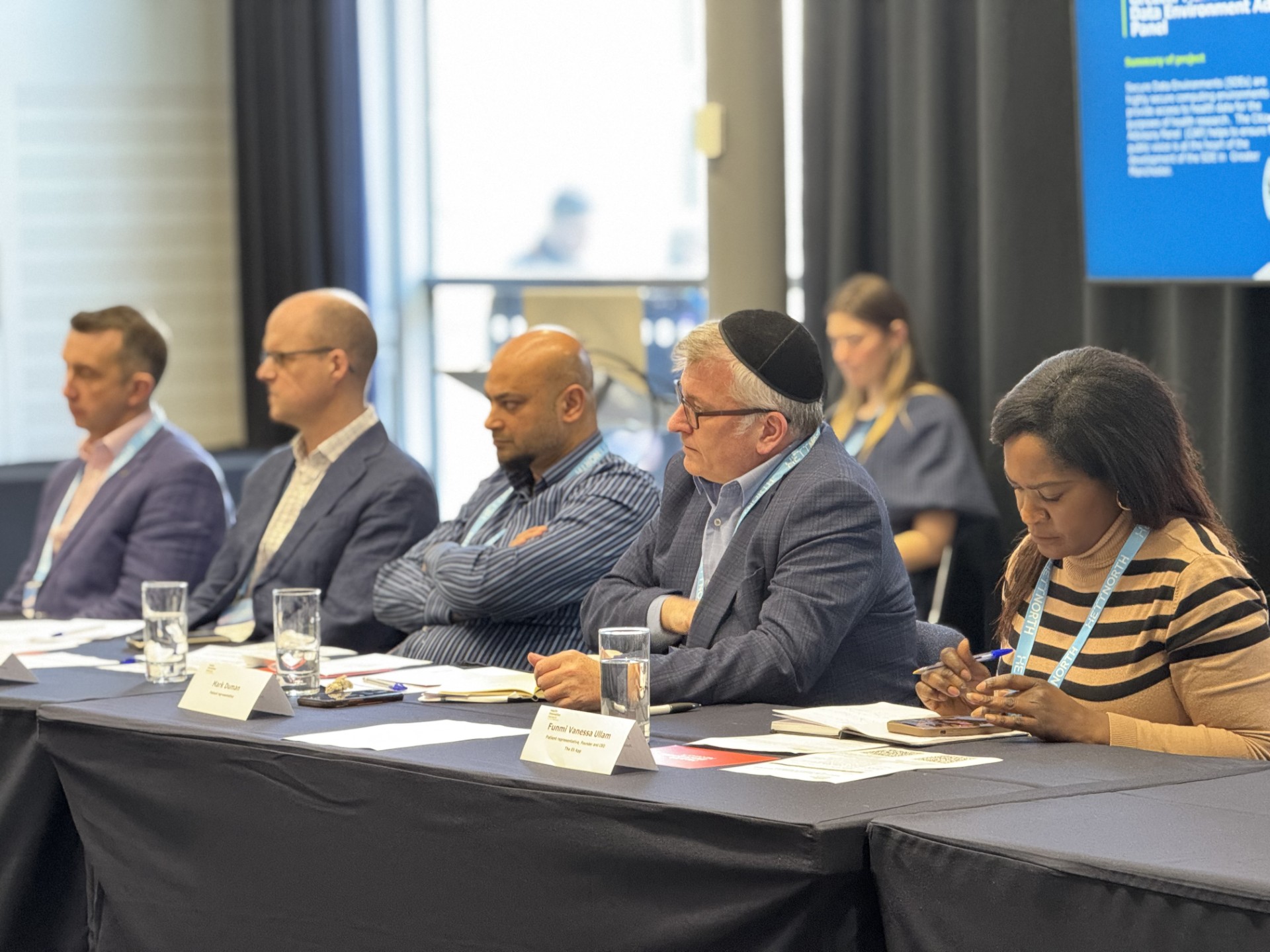In the first year of a new AHSN Network-backed programme, more than 260 patients with an eating disorder have been supported through the First Episode Rapid Early Intervention for Eating Disorders (FREED) model.
FREED is an innovative, evidence-based, specialist care package for 16 to 25-year-olds with a first episode eating disorder of less than three years duration.
Between 600,000 and 725,000 people in the UK have one or more eating disordershas risen during the coronavirus (COVID-19) government enforced lockdowns. Eating disorder charity Beat reported a 173% increase in demand for support between February 2020 and January 2021.
Developed by Health Innovation Network (HIN) members, King’s College London and South London and Maudsley NHS Trust, FREED overcomes barriers to early treatment and recovery. The model provides highly co-ordinated early care, with a central focus on reducing the duration of an untreated eating disorder. The programme is much more effective than traditional treatments at reversing the changes to brain, body and behaviour caused by eating disorders.
Mujtaba Husain, Health Innovation Network’s Clinical Director for Mental Health, said: “Peak onset for eating disorders is adolescence, with evidence showing treatment outcomes are best if the condition is identified and treated within the first three years of illness. 30% of young people referred for eating disorders treatment wait over 18 weeks, whilst 34% waited over six months.
“FREED offers access to treatment within two weeks of referral and consists of a service model and a care package.”
FREED patient George moved to London on her own when she was 21. Her eating disorder worsened and after persuasion from her family, George visited the GP who referred her to an eating disorders service delivering the FREED programme. Within two weeks George was meeting with a psychologist for a Cognitive Behavioural Therapy (CBT) session. George was with the service for 18 months and recognises the service not only supported her to manage her eating disorder but also with other challenges she had to face: having surgery, changing jobs, moving homes and acclimatising to the new city.
George said: “My treatment was completely tailored to me and my lifestyle. After my treatment was finished, I left the programme so optimistic and grateful for everything they had given me.”
A two-year follow-up study on FREED, published in October 2019, showed that patients who were treated for anorexia nervosa via FREED had better weight outcomes and reduced need for day/inpatient care by 35%, compared to patients that were treated via standard care pathways.
Initial evaluations highlighted that FREED reduced waiting times by 32% for assessment and 41% for treatment. The study also showed that FREED helped 59% of anorexia nervosa patients reach a healthy weight within 12 months of starting treatment, compared to 17% of non-FREED treatment-as-usual patients.
The FREED programme was selected as an AHSN Network national adoption and spread programme for roll out in April 2020, and is now active in 16 sites across England, with many more launching in 2022/23.
Find out more about the AHSN Network’s national adoption and spread programmes.
[1] National Institute for Health and Care Excellence, 2015

The need for fast-paced innovation in healthcare is widely acknowledged. And ensuring that healthcare innovation is shaped by the people it serves remains a pressing priority – one made all the more evident by the growing emphasis on health equity in the 10 Year Health Plan. Patient voices are often cited as central to healthcare [...]

The NHS Innovation Accelerator (NIA) has revealed its 2025 cohort of Fellows. As the NIA celebrates a decade of helping to drive innovation in the NHS, this year’s cohort aligns with the Government’s three priorities: supporting the transition from analogue to digital, sickness to prevention and hospital to home. The 28 new Fellows will benefit [...]

A new guide aimed at helping primary care organisations and integrated care boards understand and address problematic polypharmacy has been launched by the Health Innovation Network as part of its national Polypharmacy Programme. Developed in response to a clear need identified by primary care and prescribing colleagues, this essential resource provides practical, evidence-based strategies to [...]









